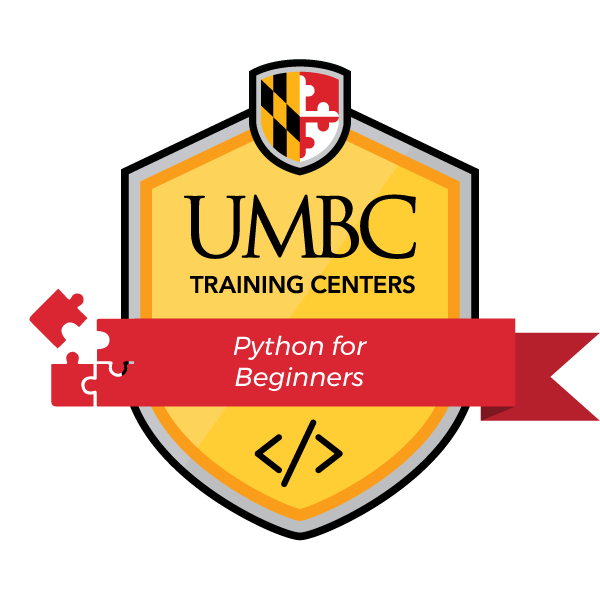You may have completed a degree, certificate or certification in Software Development and now you want to know where to go from here. Well, the good news is your opportunities will not be limited. Programming knowledge and skills can carry you into a number of career paths, some technical and some not. It really depends on what you want to pursue. Also, don’t fear if you start on a career journey and decide it is not the match for you, your technical skills can also help you transfer between career paths.
8 Career Paths You Can Take With Software Development Skills
People often assume that a career as a Software Developer means landing an entry-level position and then climbing the ladder to management and senior-level roles where your salary grows alongside the number of people who report to you. However, the skills of a Software Developer are much more expansive than that and can translate into a variety and technical and non-technical careers. So while you may start out as a Computer Programmer or Technical Support Engineer you can easily grow your career into a sales-focused role, data science role or you can also stay a super technical developer; whatever works for you!
1. Technical Support Engineer
Technical Support Engineers provide the front line customer support for software services or products. They need to address specific customer needs and challenges with software product users and, as such, benefit from programming knowledge and how it applies to the service or product they are supporting. Technical Support Engineers must also work closely with software developers to solve customer issues.
2. Web Developer
A web developer is a professional who creates websites and web applications using programs like HTML, CSS and Javascript. They also analyze user/consumer need to make sure that they are creating content that is useful and accessible. Web development entails being able to follow specific details from the client and creating the websites and application they want.
3. Business Analyst
Business analysts identify the business change needs and recommend solutions in a way all stakeholders understand. The business analyst role is connected to the IT sector as their solutions involve improved technology. With experience and training, Business Analysts can grow into project management roles.

Gain The Technical Skills You Need To Land The Job You Want
Our Python for Beginners course provides the introductory skills in general programming and Python specifically to start transitioning into any of these Software Development career fields.
4. Application Developer
Application Developers develop, create, and modify general computer applications software or specialized utility programs. They are also responsible for analyzing user needs to craft new or improved software solutions. These solutions can often be customized to specific clients to improve operational efficiency. This role can often grow into a supervisory role; with a team of computer programmers reporting to an Application Developer.
5. Technical Account Manager
Technical Account Managers provide “white glove support” to customers. Their role is to ensure that customer concerns and challenges are addressed in a timely fashion. Technical Account Managers often work in tandem with a more technical resource to solve customer issues, which makes technical programming knowledge an asset.
6. Software Engineer
Software engineers are the creative minds behind computer programs. They must identify the core functionality that users need from software programs. Software engineers must also determine user requirements that are unrelated to the functions of the software, such as the level of security and performance needs.
7. Sales Engineer
A Sales Engineer is a salesperson who has a deeper technical understanding of a software product. They work in tandem with Software Sales personnel to convert prospective customers into actual customers. Very often a Sales Engineer is responsible for giving demonstrations of the features and functionality of a software product. Sales Engineers need strong customer facing skills and, unlike their technical Software Engineer counterparts, they do not spend the bulk of their time in technical code.
8. Data Engineer
A data engineer creates and maintains analytics infrastructure. They build, maintain, and operate databases and large-scale processing systems, and create data processes. A data engineer uses data to help a machine perform its duties. While a data scientist helps ask the right questions, a data engineer helps gather and collect the answers in addition to storing and processing them.
Python is an open-source tool and has a large community base that is made up of both developers and data scientists. This community allows users to bring problems and questions to a group of diverse and skilled minds to uncover solutions faster.
Do You Have The Technical Skills You Need To Break Into The Software Development Field?
Contact our Admissions Team to see if you have the skills you need to start a career in Software Development. Request a call today by submitting the form below!
All salary information was derived from Indeed.
